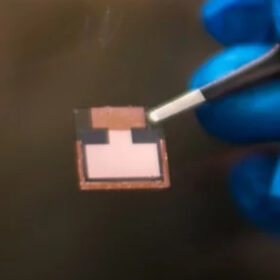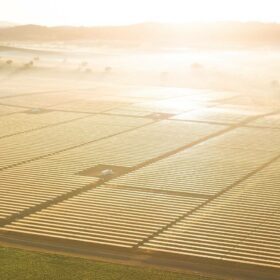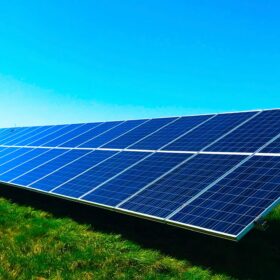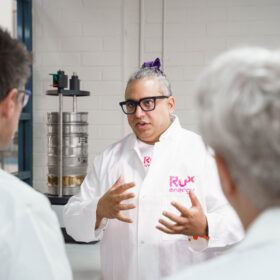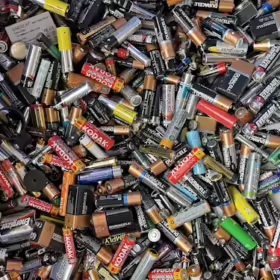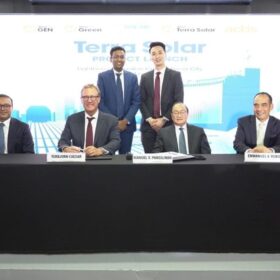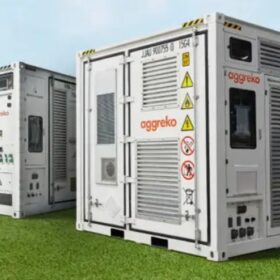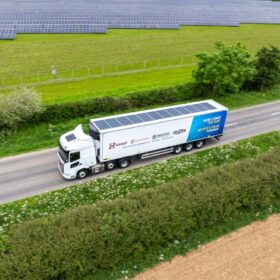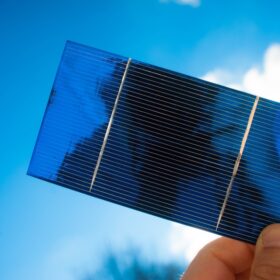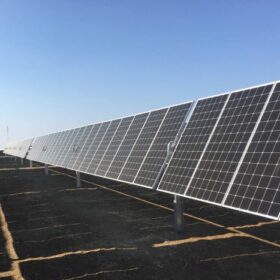Scientists build 23.2%-efficient lead-tin perovskite solar cell with improved lifetime
The researchers built the cell with a hole transport layer (HTL) based on PEDOT:PSS and were reportedly able to reduce the losses caused by this compound with the utilisation of a thiocyanate additive. The champion lab-sized device achieved an open circuit voltage of 0.875 V, a short circuit current density of 31.84 mA cm−2, and a fill factor of 83.23%.
The energy transition needs social value, not social licence
The energy transition will bring more change in the next decade than over the last century combined, raising key questions for the Australian bush or the United Kingdom countryside about the role of social licence versus social value.
UK investment firm commissions two solar battery projects in NSW
London-headquartered investment firm VH Global Sustainable Energy Opportunities has completed the construction and commissioning of two solar and storage hybrid systems in New South Wales.
Australian company using nanomaterials for efficient, cheap hydrogen storage attracts federal funding
Australian company Rux Energy is commercialising technology that uses highly porous nanomaterials to coat tanks for hydrogen storage, claiming significant improvements to the cost, safety and efficiency of what remains a major industry barrier. It has secured funding in the Australian government’s latest round of research grants, and recently opened an office in Essex off the back of industry trials now underway in the UK.
WA battery recycling specialist to scale up UK ambitions
Australian battery recycling startup Renewable Metals intends to expand by a factor of 10 a demonstration-scale lithium battery recycling plant being developed in the United Kingdom after raising $8.1 million in a seed extension round.
Actis invests in 3.5 GW / 4.5 GWh of solar-plus-storage in Philippines
Private equity investor Actis has become a strategic partner in a 3.5 GW / 4.5 GWh solar-plus-storage project in the Philippines. The project is poised to become the world’s largest integrated renewables and energy storage installation upon completion.
Aggreko launches two new C&I battery storage systems
Aggreko has introduced two new mid-sized battery storage solutions – 250 kW / 575 kWh and 500 kW / 250 kWh, looking to meet a variety of on and off-grid applications.
Sunswap rolling out PV-powered transport refrigeration
United Kingdom–based technology company Sunswap has launched Endurance, an electric transport refrigeration system with integrated battery and solar PV. It is built to compete with diesel-powered systems.
Researchers discover method to help solar cells self heal
A global team of researchers, lead by Monash University, Melbourne, have made a game-changing breakthrough that could make perovskite solar cells more reliable and efficient.
RES acquires 320 MW management contract book to boost Australian presence
United Kingdon-based developer Renewable Energy Systems has expanded its presence in the Australian market with the acquisition of Windlab’s asset management portfolio, including the 60 MW Kennedy Energy Park in northern Queensland.
